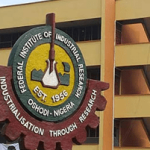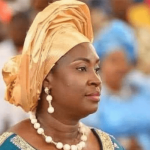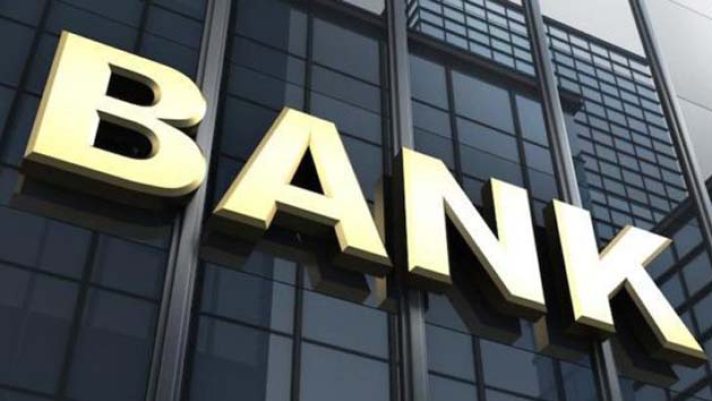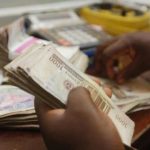By Benjamin Alade
Analysts at EFG Hermes Research have said that a pre/post-election friendlier business environment could drive more growth of return on equity (ROE) and credit.
They said Nigerian banks’ earnings and ROE come under significant pressure at the end of 2019 owing to unorthodox policies of the Central Bank of Nigeria (CBN), as well as challenges in the macroeconomic environment.
The analysts disclosed this at a virtual media roundtable.
Director, Sub-Saharan, EFG Hermes, Ronak Gadhia, said: “We have seen some recovery this year but if we do see a more business-friendly environment come through next year, which then translates to friendlier CBN, we should continue to see asset yield increase further, which will have a positive effect on banks’ margins.
“Banks could benefit next year if the CBN eventually devalues the local currency. We have found out that most banks have a long position on the dollar. If the naira wants to devalue, we should see significant revolution gains for the likes of Guaranty Trust Bank and Zenith bank.
“Of course, if we see a friendly environment, we should start to see credit growth. It might not happen immediately, because obviously, banks will be very conservative given the economic shock that Nigeria’s economy will face because of the reforms. Over 12-18 months, we should start to see credit growth.”
Also speaking, the Head of Strategy at EFG Hermes Research, Simon Kitchen, said foreign investors were finding it hard to get their foreign exchange out of both Nigeria and Kenya markets.
He noted that stocks in the two countries are the cheapest since the global financial crisis of 2018, stressing that their valuations are too good to ignore.
“In Nigeria, foreign exchange is a long-standing problem. Foreign exchange has been scarce since 2020 and it is just impossible to take money out of the Nigerian economy if foreigners sell stocks. In Kenya, it has become a problem too.
“Nigeria and Kenya together make up more than 10 per cent of that frontier market index and that means that of the $150 million that came in the past three weeks, $15 million should have gone into Nigeria and Kenya markets,” he said.
He expressed optimism about Nigeria’s foreign exchange market in 2023, following the coming change in political leadership.
“The change in leadership could create an opportunity for the new government to draw a line under the years of orthodox policies and take the right decision in fixing the foreign exchange crisis and fix finances on a sustainable growth,” he said.
Source: The Guardian








